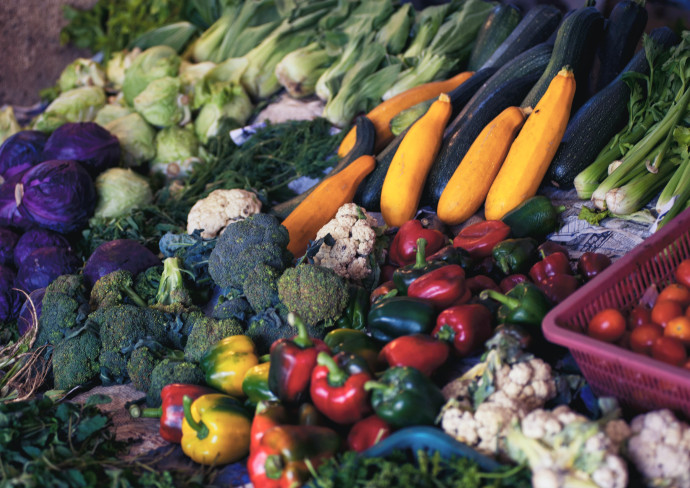New Study Reveals Ozone’s Hidden Toll on America’s Trees
A new nationwide study reveals that ozone pollution—an invisible threat in the air—may be quietly reducing the survival chances of many tree species across the United States. The research, published in the Journal of Geophysical Research: Atmospheres is the first…


 The USDA estimates that approximately 35 percent of food produced in the U.S. goes uneaten, which according to the nonprofit Rethink Food Waste through Economics and Date (ReFED), incurs a nationwide annual cost of more than $400 billion. Wasted food is also a large contributor to global climate change and wastes significant amounts of freshwater, energy and other agricultural inputs. Perhaps most egregiously, the U.S. is wasting more than one-third of its food supply while Feeding America estimates that 1 in 9 Americans face hunger.
The USDA estimates that approximately 35 percent of food produced in the U.S. goes uneaten, which according to the nonprofit Rethink Food Waste through Economics and Date (ReFED), incurs a nationwide annual cost of more than $400 billion. Wasted food is also a large contributor to global climate change and wastes significant amounts of freshwater, energy and other agricultural inputs. Perhaps most egregiously, the U.S. is wasting more than one-third of its food supply while Feeding America estimates that 1 in 9 Americans face hunger.